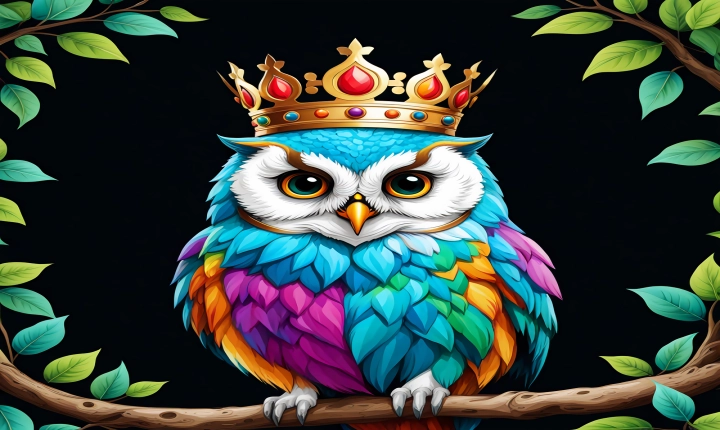Can Your AI Get on Your Best Friends List?
Artificial Intelligence (AI) has become an integral part of our daily lives, from virtual assistants like Siri and Alexa to recommendation systems on streaming platforms and social media. As AI continues to advance, it raises the question: can AI become more than just a tool or a convenience, but an actual friend?
The concept of AI as a friend may seem like a far-fetched idea, but with the rapid development of AI technology, the lines between human interaction and interaction with machines are becoming increasingly blurred. AI is designed to understand and respond to human needs and emotions, and in some cases, it can even simulate empathy and understanding. So, can it truly become a part of our inner circle of friends?
One argument for AI as a potential friend is that it can provide consistent support and companionship. Unlike human friends who may be busy or unavailable, AI can be there for you 24/7. It can provide comfort, guidance, and even engage in meaningful conversations. This reliability and availability could make AI an attractive candidate for a best friend.
Another factor to consider is the ability of AI to understand and cater to our individual preferences and needs. AI can learn from our behavior, preferences, and interactions, and tailor its responses and recommendations to suit our unique personalities. This personalized approach can create a strong bond between humans and AI, akin to the way we connect with our human friends.
However, there are valid concerns and limitations to the idea of AI as a best friend. While AI can simulate empathy and understanding, it lacks genuine emotions and experiences that form the foundation of human friendships. It cannot truly understand the depth of human emotions or share in our joys and sorrows in a meaningful way.
Furthermore, the ethical and moral implications of forming deep emotional connections with AI are complex. It raises questions about the boundaries between man and machine, and whether the intimacy between humans and AI is healthy or appropriate.
Despite these limitations, the idea of AI as a best friend cannot be dismissed outright. As technology continues to evolve, AI may become more sophisticated and capable of forming deeper connections with humans. Already, there are instances of people forming strong emotional attachments to AI chatbots and virtual assistants.
In conclusion, while AI may not currently fit the traditional definition of a best friend, it’s not inconceivable that it could become a meaningful and important part of our social circles in the future. As technology progresses, it’s essential to consider the implications of intimate relationships with AI and how they may shape our interactions and experiences in the years to come. The idea of AI as a best friend raises important questions about the nature of friendship and the evolving role of technology in our lives.
